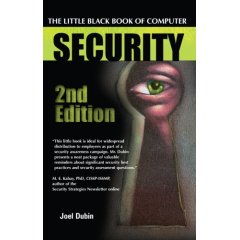In an intelligence assessment obtained by the
Associated Press, cyberterrorism is listed as one of the security threats facing the country through 2013.
The report cites the growing availability of hacking tools so that "youthful, Internet-savvy extremists might apply their online acumen to conduct cyber attacks rather than offer themselves up as operatives to conduct physical attacks.
Not surprisingly, it also says Al-Qaida would like to conduct cyberattacks that would cripple the US economically, but doesn't have the technical ability. On the other hand, it could hire others to conduct the cyberattacks on its behalf. But counterterrorism expert Frank Cilluffo, and head of the Homeland Security Policy Institute at George Washington University, told the AP that such a cyberattack wouldn't cause the desired mass destruction or media attention.
Instead, Cilluffo said, Al-Qaida will probably continue to use the Internet as a platform for disseminating both its message.



